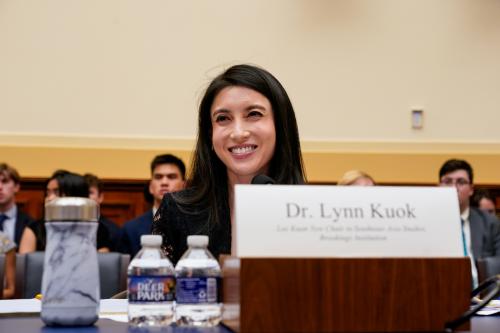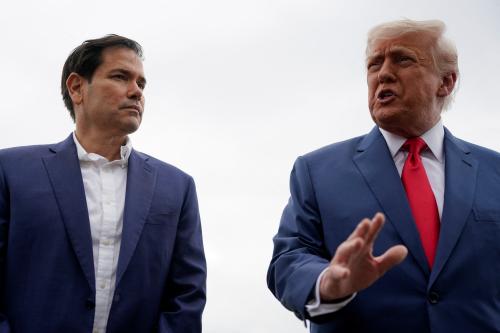Asia in general and Northeast Asia specifically have been contrasted with Europe by the absence of and perhaps the inability to establish a regional security forum such as NATO or the Warsaw Pact. Asia’s version of what was feasible has included the ASEAN Regional Forum (ARF); the Committee on Security Cooperation in the Asia Pacific (CSCAP); and the “ASEAN plus three,” which has been held annually since 1997 with members of ASEAN plus China, Japan and South Korea. Other ventures such as the Northeast Asia Cooperation Dialogue (NEACD), a “track two” conference, and South Korea’s proposed Northeast Asia Security Dialogue (NEASED), were never fully accepted and failed to develop into official level talks. Rather than attempt to force common ground among pre-cold war foes and historic competitors by creating an overarching mechanism for security dialogue, the United States has opted for a series of bilateral relationships with key allies. The glue for this “hub and spoke” approach to security and stability in Asia has been the United States. But the dynamics keeping the spokes apart and focused on the United States are changing. The current nuclear crisis on the Korean peninsula and the formation of the Six Party process to deal with the issue has given rise to the possibility that a more formal organizational framework for multilateral cooperation in the North Pacific could be established.
The Brookings Institution is committed to quality, independence, and impact.
We are supported by a diverse array of funders. In line with our values and policies, each Brookings publication represents the sole views of its author(s).


